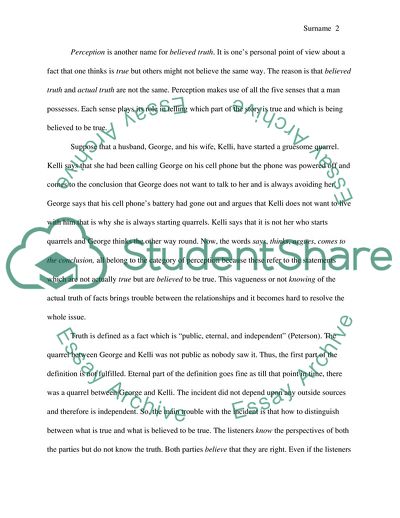Cite this document
(International Baccalaureate Theory of Knowledge Coursework, n.d.)
International Baccalaureate Theory of Knowledge Coursework. https://studentshare.org/philosophy/1732593-theory-of-knowledge-essay-for-international-baccalaureate
International Baccalaureate Theory of Knowledge Coursework. https://studentshare.org/philosophy/1732593-theory-of-knowledge-essay-for-international-baccalaureate
(International Baccalaureate Theory of Knowledge Coursework)
International Baccalaureate Theory of Knowledge Coursework. https://studentshare.org/philosophy/1732593-theory-of-knowledge-essay-for-international-baccalaureate.
International Baccalaureate Theory of Knowledge Coursework. https://studentshare.org/philosophy/1732593-theory-of-knowledge-essay-for-international-baccalaureate.
“International Baccalaureate Theory of Knowledge Coursework”. https://studentshare.org/philosophy/1732593-theory-of-knowledge-essay-for-international-baccalaureate.


